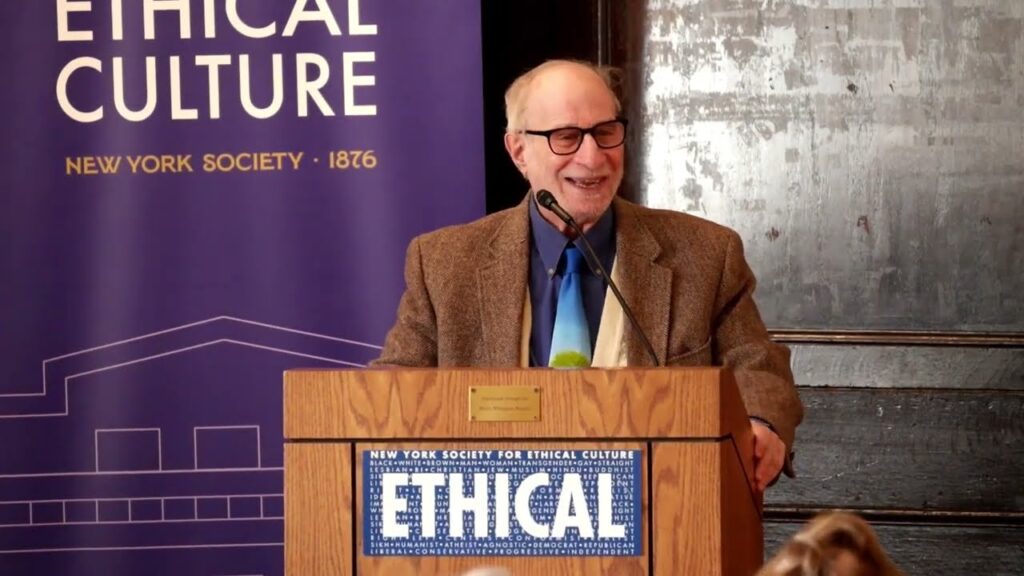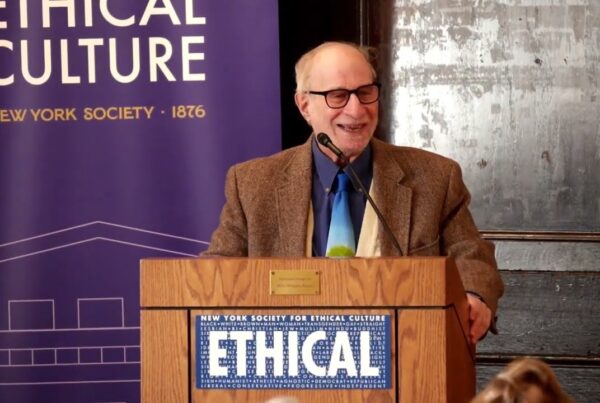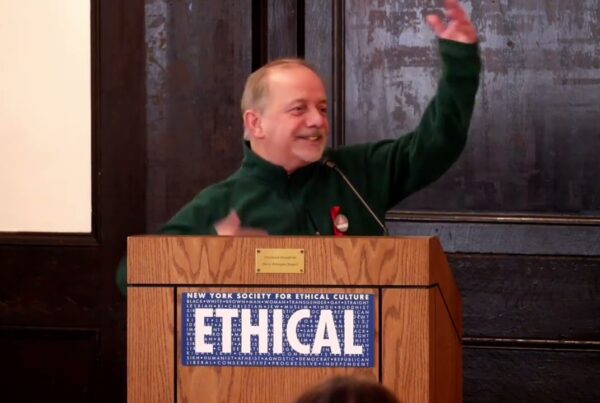Citizens assemblies represent one pathway towards a more collaborative form of democracy that puts everyday people at the center of governing. Three qualities make them stand out: the use of random selection to create a representative sample of the public, the space and time for deep deliberation, and an emphasis that policy recommendations be tied to actual decision-making power. Such lotteries were a core feature of decision making in ancient Athens. And contemporary assemblies have tackled controversial and complex issues, from climate change in France to abortion and same-sex marriage in Ireland.
From Germany to Colombia, Japan to Chile, such assemblies are on the rise at all levels of government. In Bolivia, schools have demonstrated the benefits of using lottery to inspire civic duty and participatory culture in student government. And NYC experimented with deliberative committees as part of its citywide Participatory Budgeting in 2023.
Philip Lindsay just returned from a brief tour of three major European cities which have integrated permanent assemblies into their local government (Milan, Brussels and Paris). He joined us to discuss the possibilities and limits of these assemblies. How might they contribute to the protection and “revitalization” of democracy?
Philip Lindsay grew up in Philadelphia and lives in Sunset Park, Brooklyn. He leads the Democracy Innovation Hub (DIH) at the Hannah Arendt Center for Politics and Humanities at Bard College. In July of 2022, the Hub hosted “Citizens’ Assemblies: A Workshop to Revitalize Democracy,” which brought together over 50 public servants, elected officials, and community advocates. This led to the implementation of three deliberative budgeting processes in NYC government in 2023. Philip also co-taught the course “Democratic Innovation and Citizen Lotteries: from Ancient Athens to the French Climate Assembly.” The Hub also hosted the “Doing Democracy Differently Teacher Fellowship” which trains high school teachers on how to bring deliberative democracy into the classroom.






